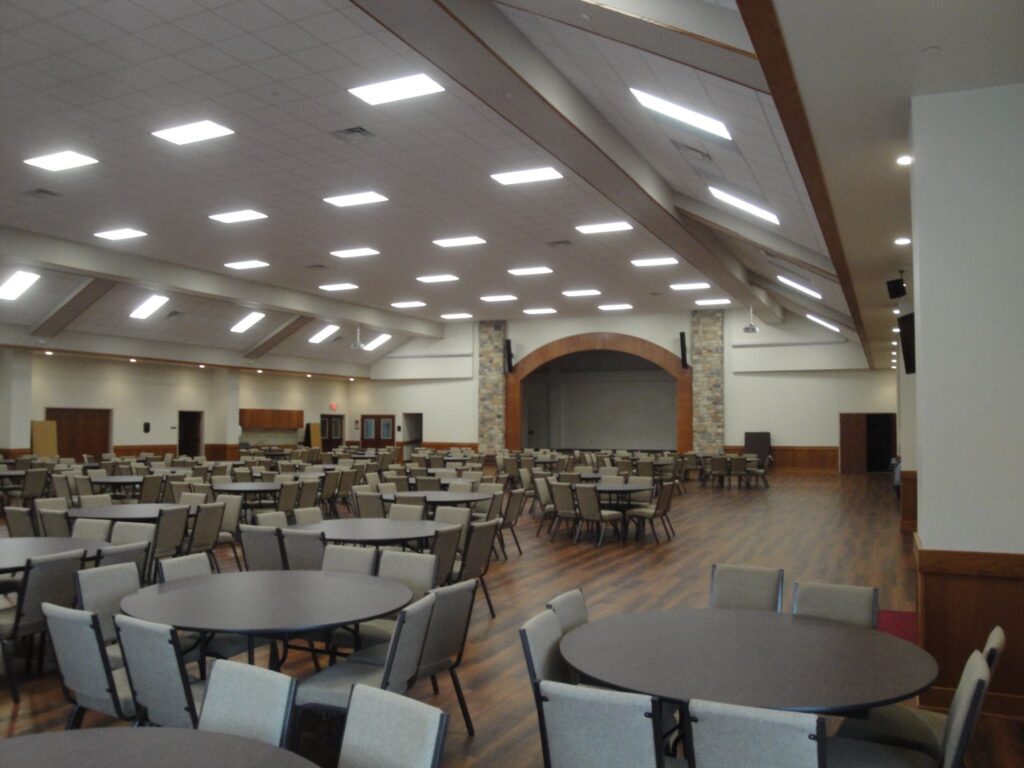
When I was in 4th grade, we discovered a problem with our house’s foundation. There was a soft spot in the kitchen floor. During construction, they hadn’t removed enough dirt, leading to high humidity and poor air circulation. As a result, some of the posts and beams in the house were rotting. But there was no way to reach them—even as a 4th grader, I couldn’t squeeze into the crawl space.
So, we began digging. Actually, I did most of the digging since I was the only one who could fit in there. Armed with my grandpa’s WWI shovel and a plastic pitcher, I broke up the dirt and filled a little Red Rider wagon with a rope on each end. When the wagon was full, my dad would pull it out, empty it, and then I’d keep digging.
Eventually, we had tunnels dug out, allowing us to lower the ground level under the house. With help from a few men, my dad replaced some of the beams, posts, and parts of the kitchen floor. Finally, we were back on a solid foundation.
The foundations of our society are fractured in a similar way. We’ve neglected the ties between neighbors and groups, and we can feel that instability. Right now, about 50% of us are lonely. Groups operate as though other groups don’t exist.
As our society grows more culturally diverse, we haven’t taken the time to truly know each other. Is it any wonder, then, that we’re quick to believe slander and feel fear toward one another?
These connections—between groups, neighbors, and individuals—are not “nice-to-have” extras. They are the foundation of democracy, rule of law, and economic vitality. Building businesses, power grids, or bridges takes effort, but tearing them down can happen all too easily.
Yet, we have resources. In every neighborhood across the nation, we have meeting spaces with tables and chairs. Estimates suggest there are over 400,000 such meeting spaces in churches, mosques, temples, and non-profit venues, each capable of holding about 100 people. That’s enough space to bring every American into conversation with each other within a year. We know it won’t happen that fast. But we do have what it takes!
This is why we’re launching a national tour for our Potluck Project (formerly Potluck for Democracy). Starting with the Pacific Northwest in partnership with Seattle University, we’re planning to expand down the West Coast, to the Southwest, Upper Midwest, and East Coast over the next year and a half. Our next event is in San Antonio, Texas, on November 19th.
To take this nationwide and ensure success for Potluck hosts, we need a budget for training materials, travel, and some meeting spaces and security. To make this happen, we’ll need your financial support. Please consider making a donation today, before we officially launch our end-of-year fundraising.
Together, we can rebuild the foundation of trust in our nation. It will take hard work, but we have what it takes to make it happen. Together.
